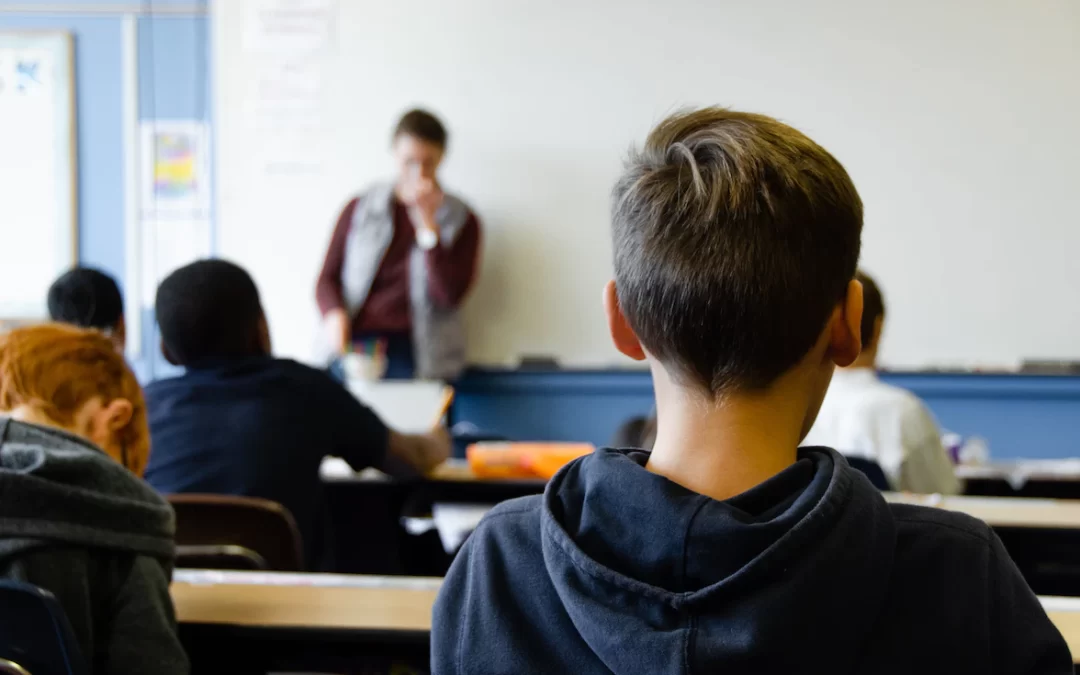Wigmore is a friendly, welcoming school. Pupils have a common understanding of the importance of values like empathy, equality and teamwork.
This results in positive relationships and a shared commitment to their learning.
Staff have high expectations of pupils’ behaviour and pupils usually meet these. Pupils arrive to school in a calm and orderly way, greeting the staff on duty.
Pupils get on well with each other at social times, whether playing football or enjoying their lunch, picnic- style, on the field.
Behaviour in lessons is good but, on occasion, the behaviour of a few pupils can disrupt the learning of others.
Pupils engage positively with their learning tasks, from talking confidently in French and Spanish to the quality of their writing in English. They achieve strong outcomes by the time they leave the school.
Pupils value the ways in which they can contribute to the school and wider community.
Many support the smooth running of the school through their work as prefects. Some offer support as ‘reading buddies’.
Pupils plan fundraising activities for their chosen charities.
They enjoy participating in the varied house competitions, from baking cakes to making rocket cars. They enjoy and benefit from educational visits, including trips to London and Paris.
What does the school do well and what does it need to do better?
Leaders have designed an ambitious curriculum, which is successfully accessed by all pupils. Teachers ensure that pupils’ learning is ordered in a way that enables them to make good progress as they move between Years 7 and 11.
Pupils learn well and achieve good examination results.
Teachers use their strong subject knowledge to help pupils understand new learning. Many are skilful in their use of questioning to check that learning has been secured.
Leaders have been working on improving assessment this year. There are some areas of strong practice across the school. However, this is less evident in key stage 3.
In some subjects, pupils complete additional assessments on top of other tasks which assess how much they have learned.
Sometimes, these assessments do not serve any useful purpose in helping pupils move forward in their learning.
Leaders have put in place an appropriate strategy to ensure that those pupils who find reading difficult receive prompt intervention. These pupils make rapid progress in becoming more confident readers. Pupils are encouraged to read widely and independently. Many talk positively about reading.
Work to support pupils with special educational needs and/or disabilities (SEND) has improved since the previous inspection and is now an area of strength.
There is a clear and effective approach to identifying any needs a pupil may have. Teachers are provided with useful profiles to help them adapt the learning for these pupils; most do this very well.
Partly in response to the needs that emerged after the pandemic, leaders have increased the capacity of the pastoral team.
This has helped provide more bespoke work to support pupils, including around mental health. The team respond effectively to the few incidents of bullying and discrimination that happen.
Leaders place great importance on pupils’ personal development as well as their academic learning. They make sure that pupils learn about the diversity of wider British society and the work of global organisations, such as the United Nations. Pupils take these lessons and experiences seriously.
There is a strong careers programme to ensure pupils learn about all of the options open to them in the future. Leaders make sure that pupils have opportunities to engage with local and national companies.
The very high proportion of pupils who sustain their move into education or employment when they leave school reflects the quality of this work.
There are some parents and carers who are unhappy with how well the school communicates with them. They believe that behaviour could be better.
While many staff praise the way leaders have tried to reduce their workload, there are some staff who feel more could be done.
Leaders have already identified working more closely with parents and staff as a priority in their improvement plans.
Full report – https://files.ofsted.gov.uk/v1/file/50229216




